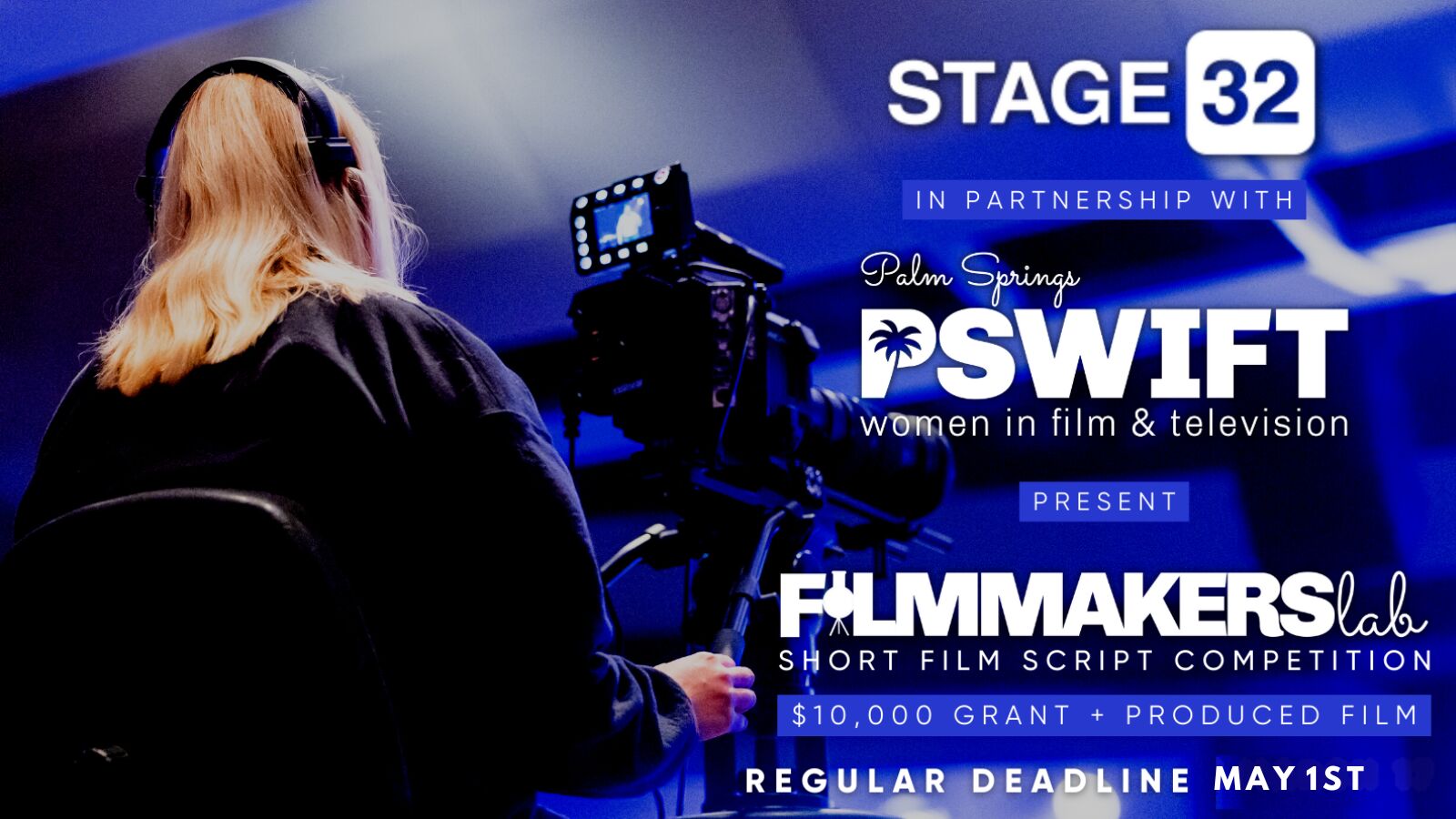My new novel Model Citizens: Riding For A Fall - logline: two models blackmail their way to the top in LA and they've got it made until the bad (boy) karma catches up with them - began life as a TV soap. The novel form is, IMHO, a much more effective way of telling a story and a lot more creatively satisfying. For a book you write for a mass audience, open to fresh ideas and you can take your ideas pretty much anywhere you are capable of going. Screenwriting? Your target audience is one person: a poorly-read, socially awkward (nearly always young male) director who is probably obsessed with computer generated effects and/or moronic formulas. Plus instead of wasting years with hordes of rent seeking Hollywood gatekeepers - and producers looking for 'a sure thing' with remakes and franchise sequels and prequels - you can actually deliver books in a linear fashion. In the time it takes to shop one script around LA, I can write and take three novels to market. So, after years of commercial screenwriting, I am now seriously considering changing my focus - once a current Chinese project is complete - and just writing novels. Have you written both formats? What are your experiences? Do you agree with me? http://www.amazon.com/Model-Citizens-Riding-Henry-Pepper-ebook/dp/B00FT8...



1 person likes this
We create our own reality . . .
1 person likes this
"Your target audience is one person: a poorly-read, socially awkward (nearly always young male) director who is probably obsessed with computer generated effects and/or moronic formulas." This is so off the mark, I don't even know where to start...
3 people like this
Wow Henry, I couldn't disagree with you more!!!! It sounds to me that you are a little bitter over a bad personal experience, and I get that. This business is extremely difficult. But, if your bad experience has pushed you to a form of writing that suits you better, that's great, I'm happy for you. However, what works for one may not work for all. Personally, I deeply respect all forms of writing. However, a comparison between novel writing and screenwriting to me is silly -- one isn't necessarily better than the other. Yes, they both are very challenging and actually have similar story structures, but, the main differences are great. In a nutshell; novelists have the freedom to go on and on and on. Write any which way they choose. And, the novel writer really only deals with themselves, an editor, and perhaps a publisher -- you can self-publish now! The biggest challenges facing a novelist is, of course, actually writing something that's good, and also facing a high word and page count. Screenwriters on the other hand, have much larger challenges to their writing because they must convey high levels of emotion, action, and plot structure in a terse, formulaic and strategic manner. Brevity is key -- 110 pages or less. Screenwriters must also deal with and please a large number of people -- agents, directors, managers, producers, the list goes on and on. Of course, comparing the potential for making big money between the two, there's really no comparison -- the novelist wins hands down! Sure, a spec screenwriter can do very well, but write a hit novel and skies the limit. Look at Dan Brown, the author of "The DeVinci Code." I believe he made 50+ million in the US alone. Who knows about all the royalties.....
1 person likes this
Henry, Try shouting 'Doomsplatter razzlefrashin sufferin suckatash', to Screenplay edits you don't like. Then got on with them, because Dan is right (That's one each Dan). I do understand your sentiments, but movies are a team sport.
1 person likes this
PS - 'Doomsplatter razzlefrashin sufferin suckatash'. Now its time for me to get on with mine.
Thanks for offering up your thoughts everyone. For the record, the paperback is out December 2. I would humbly suggest that, providing you can actually write, most lesser known folks have more chance of getting a story optioned by writing a novel than pitching loglines and scripts. The only rule is there is no rule. The road less traveled is where the wild roses grow.
The definition of insanity is doing the same thing over and over again and expecting different results. Albert Einstein Hollywood used to make an eclectic range of films that told a variety of stories and pleased different audiences. Today, Hollywood mostly keeps making the same ‘blockbuster’ film over and over and, as the audiences shrink and the number of productions decline, alternatives like gaming eat more and more of the film industry’s lunch. There’s undoubtedly a variety of causes for the spiral of doom but a lack of attention to craft is right up at the top of the list in my ever so humble opinion. The incredible shrinking box office shows that audiences have become bored with formulaic film making. Half-baked remakes regularly reinforce the law of diminishing returns. But where are the studios investing their money? Billions of dollars for 3D cinema fit outs – that worked out real dandy - and devoting $50 million to $100 million of budgets to computer generated effects. Putting their capital into fewer and fewer blockbusters that are increasingly failing. What are the studios not investing their money in? Stories. Craft. The emotional intelligence of their audiences. Stage 32 shows daily that there’s no shortage of talent generating lots of fresh stories. But the Hollywood business model can’t and/or won’t innovate. As the industry’s commercial position becomes dire, its decision makers try and play it safe. And so the downward trajectory accelerates … Go ahead shoot the messenger if you must, it’s of minimal concern to me. Fact is, sucking up to clueless hucksters is another major reason things have gotten so curdled. See Einstein, A. There’s a lot of evidence that the Hollywood film making model is broken. That it badly needs to be disrupted and re-engineered. The art of telling stories people could relate to made the glory days. Telling a much wider variety of compelling tales that audiences can have an emotional relationship with seems the obvious place to start (re)building a sustainable movie business.
3 people like this
@Henry. Yup, Hollywood is certainly kicking out disappointing blockbuster after disappointing blockbuster -- I can't disagree with you there. That's my favorite Einstein quote by the way. :) But, the amazing thing that's happening now is that great films and TV series are being created outside of Hollywood/NBC/CBS/ABC. Netflix, Hulu, other independent online streaming and film producers are creating solid, refreshing work -- award nominated work. Now is a great time to be in the industry. The wave of change is coming. Is that not what artists do? Push boundaries? The never-ending creative drive, passion and perseverance of art has always fought against the norm. If the Hollywood gatekeepers refuse to open their doors, then we must not give up, but instead, go around.
Last time I checked this was a discussion board Dan. You know, being judgmental just makes you sound just a little defensive, self-interested and blinkered. Don't like the tone of this discussion? Fine, just haul your 'eminent' ass off to a more suitable thread buddy.
1 person likes this
There are as many crap novels as there are crap movies, and conversely, there have been many great novels as there have been great movies. That's right, great movies that have engaged me, lit my imagination, made me cry, made me laugh, made me think about the human condition. Just like any great novel. In my opinion, you're comparing apples and oranges. They are very different ways of storytelling, and one is not necessarily better than the other.
@Chris. A novel is NOT a far more engaging way to tell a story! Nor is film, necessarily. It all depends on THE book or THE movie and how IT affects YOU. Man, how can you even say that?! Both forms of writing are incredible ways to tell a story. As Monique said, you're comparing apples to oranges.
1 person likes this
Continuing.... Henry's original tirade was about his frustration with the industry and how he turned to writing novels instead of screenplays. His title "A novel is a far more engaging way to tell as story" is a stand-off statement, as most opinionated statements are, but, his question was whether others found writing novels to be better than writing screenplays. And, that he is considering switching his focus to novels only. He asked, has anyone else had experience with both? And does anyone agree?
A comparison of apples and oranges occurs when two items or groups of items are compared that cannot be practically compared. Therefore, the points about novels being more engaging than screenplays is rather moot -- purely hypothetical.
1 person likes this
I think you need a lot more discipline in order to write a novel. You need time to develop your own voice as a prose writer, in the very way that you use words and construct sentences and string thoughts together (For example, though both have written in the Horror genre, Anne Rice and Steven King certainly have their own voice). "Voice" in screenwriting, comes across in dialogue and also in the way you tell your story visually, which in turn determines your themes and concepts. To be fair, those things require an equal ability to communicate through words. I hold myself back from the flowery language of prose writing that i'm used to when writing screenplays(I write short stories, too). Writing a screenplay feels different. More technical and functional when compared to a novel. There is description, but you mostly let the Action and Dialogue speak. What matters is not how beautifully you can write a sentence, but how well you can communicate your ideas on the screen. My opinion anyways...